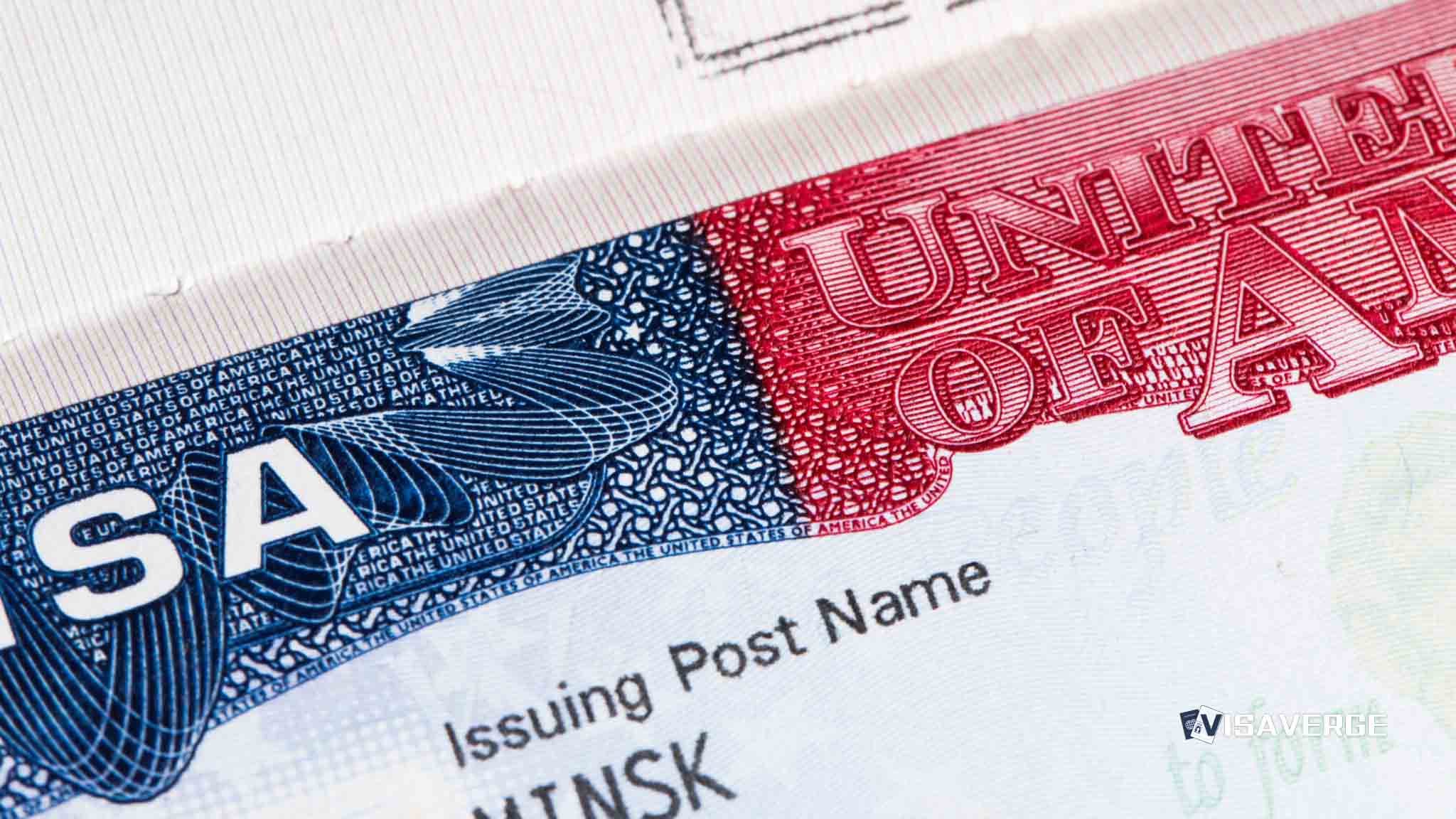Key Takeaways
• Texas Senate Bill 8 mandates sheriffs to sign 287(g) agreements with ICE for immigration enforcement.
• Senate Bill 4 allows police to arrest suspected illegal entrants; court trial set for July 8, 2025.
• Bills increase state role in immigration but raise concerns on civil rights, costs, and racial profiling.
Texas lawmakers have taken bold steps to increase the state’s role in immigration enforcement, passing two major bills—Senate Bill 8 and Senate Bill 4—that could reshape how local law enforcement interacts with federal immigration authorities. These measures, championed by Governor Greg Abbott and supported by many Texas sheriffs, have sparked heated debate across the state and the country. Supporters say the bills are needed to address what they see as a crisis at the border, while critics warn of serious risks to civil rights, community trust, and local budgets.
Let’s break down what these new laws mean, how they work, and what their real-world effects could be for immigrants, law enforcement, and Texas communities.

What Happened: The Passage of Senate Bill 8 and Senate Bill 4
On June 2, 2025, the Texas legislature passed Senate Bill 8, a sweeping measure that requires all Texas sheriffs to work with U.S. Immigration and Customs Enforcement (ICE) by entering into what are called “287(g) agreements.” These agreements allow local law enforcement officers to perform certain federal immigration enforcement duties, such as identifying and detaining people who may be in the country without legal status.
Senate Bill 8 is now awaiting the signature of Governor Greg Abbott, who is expected to sign it into law soon. Once signed, the law will go into effect, making it mandatory for sheriffs across Texas to partner with ICE.
This comes on the heels of Senate Bill 4, passed in November 2023, which gives Texas police the power to arrest people they suspect of entering the state illegally. While Senate Bill 4 is already being enforced, it faces ongoing legal challenges, with a federal trial set for July 8, 2025, to decide if the law is constitutional.
How Senate Bill 8 Changes Immigration Enforcement in Texas
Senate Bill 8 marks a major shift in how Texas handles immigration enforcement. Here’s what the law does:
- Requires all Texas sheriffs to seek 287(g) agreements with ICE. This means local law enforcement will have new powers to check immigration status, detain people for immigration violations, and even start deportation processes.
- Creates a grant program to help counties pay for these new duties. However, the law does not guarantee funding for every county, which could leave some local governments struggling to cover the costs.
- Expands state involvement in federal immigration enforcement. This is a significant change, as immigration enforcement has traditionally been the responsibility of the federal government.
Step-by-Step: How Senate Bill 8 Will Be Put Into Action
- Legislative Approval: The Texas legislature has passed the bill.
- Governor’s Signature: Governor Greg Abbott is expected to sign it into law soon.
- ICE Partnerships: Once signed, sheriffs must request 287(g) agreements with ICE.
- Grant Applications: Counties can apply for state grants to help pay for the costs, but not all counties are guaranteed funding.
What Is a 287(g) Agreement?
A 287(g) agreement is a formal partnership between a local law enforcement agency and ICE. Under this agreement, local officers are trained to perform certain immigration enforcement tasks, such as:
- Checking the immigration status of people in local jails
- Placing immigration “holds” on people suspected of being in the country without legal status
- Starting the process to transfer people to ICE custody
For more details on 287(g) agreements, you can visit the official ICE 287(g) Program page.
Senate Bill 4: Arrest and Deportation Powers for Texas Police
Senate Bill 4, passed in late 2023, gives Texas police the authority to arrest people they suspect of entering the state illegally. Here’s how it works:
- Arrest Authority: Police can stop and arrest anyone they suspect of crossing the border into Texas without permission.
- Deportation Proceedings: Once arrested, individuals must accept a deportation order or face criminal penalties.
- Legal Challenges: The law is being challenged in court, with a trial scheduled for July 8, 2025, to decide if it violates the U.S. Constitution.
The U.S. Supreme Court has allowed Texas to enforce the law for now, but the final outcome will depend on the results of the upcoming trial.
Why Are These Laws So Controversial?
Both Senate Bill 8 and Senate Bill 4 have sparked strong reactions from different groups:
- Supporters (including Governor Greg Abbott and many Texas sheriffs) argue that these laws are needed to address what they see as a border crisis. They believe stronger enforcement will improve public safety and reduce illegal immigration.
- Opponents (including the ACLU of Texas and immigrant rights groups) warn that these laws could lead to racial profiling, where people are targeted based on their appearance or language. They also argue that the laws could undermine trust between immigrant communities and law enforcement, making people less likely to report crimes or cooperate with police.
Sarah Cruz of the ACLU of Texas has criticized Senate Bill 8, saying it “diverts resources, potentially leads to racial profiling, and undermines community safety.” Many immigration advocates say that state-level enforcement oversteps federal authority and could result in human rights abuses.
What Does This Mean for Texas Sheriffs and Local Communities?
Senate Bill 8 puts new responsibilities on Texas sheriffs. They will now have to:
- Train officers to carry out immigration enforcement tasks
- Work closely with ICE to identify and detain people suspected of immigration violations
- Manage the costs and logistics of these new duties, which could strain local budgets
While the bill includes a grant program to help counties pay for these changes, funding is not guaranteed for every county. This means some local governments may have to raise taxes or cut other services to cover the costs.
Key Points for Local Communities:
- Increased Costs: Counties may face higher expenses for training, equipment, and staff.
- Resource Diversion: Sheriffs may have to shift resources away from other law enforcement duties, such as investigating local crimes.
- Community Trust: Immigrant communities may become more fearful of law enforcement, making it harder for police to solve crimes or keep neighborhoods safe.
Legal and Constitutional Questions
Senate Bill 4 is already facing legal challenges, and experts expect Senate Bill 8 could be challenged as well. The main legal questions include:
- Federal vs. State Authority: The U.S. Constitution gives the federal government primary control over immigration. Critics argue that state laws like SB 4 and SB 8 overstep this authority.
- Racial Profiling: There are concerns that giving local police more power to enforce immigration laws could lead to people being stopped or arrested based on their race or ethnicity.
- Community Safety: Opponents say these laws could make immigrant communities less likely to trust police, making everyone less safe.
A trial for Senate Bill 4 is set for July 8, 2025, and the outcome could affect how both laws are enforced in the future.
Historical Context: Texas and Immigration Enforcement
Texas has a long history of taking an active role in immigration enforcement. The state has often pushed for tougher laws and has sometimes clashed with the federal government over who should control immigration policy.
- Past Efforts: Texas has passed several laws in recent years aimed at increasing state and local involvement in immigration enforcement.
- Ongoing Tensions: The passage of Senate Bill 8 and the legal fight over Senate Bill 4 show that the debate over immigration enforcement is far from settled.
What’s Next? Future Outlook and Pending Changes
- Senate Bill 8: Expected to be signed into law soon. Once in effect, all Texas sheriffs will be required to seek 287(g) agreements with ICE. Legal challenges are likely, given the controversy surrounding the bill.
- Senate Bill 4: The law is currently being enforced, but its future depends on the outcome of the July 8, 2025, trial. If the court finds the law unconstitutional, it could be blocked or changed.
Possible Developments to Watch:
- Legal Rulings: Court decisions could limit or overturn parts of these laws.
- Federal Response: The federal government could challenge Texas’s efforts or change its own policies in response.
- Community Impact: The real-world effects on Texas communities, especially immigrant families, will become clearer as the laws are put into practice.
Multiple Perspectives: What Stakeholders Are Saying
- Governor Greg Abbott: Strongly supports both bills, saying they are needed to protect Texas and enforce immigration laws.
- Texas Sheriffs: Some support the new powers, while others worry about the costs and impact on community relations.
- Immigrant Rights Groups: Oppose the laws, warning of racial profiling, loss of trust in police, and harm to families.
- Legal Experts: Point to possible constitutional problems and the risk of lawsuits.
As reported by VisaVerge.com, these laws are part of a broader trend of states taking immigration enforcement into their own hands, often leading to legal battles and uncertainty for everyone involved.
Practical Guidance for Immigrants and Families
If you live in Texas and are concerned about these new laws, here are some steps you can take:
- Know Your Rights: Learn what to do if you are stopped by police or immigration officers. The ACLU of Texas offers resources in multiple languages at www.aclutx.org.
- Stay Informed: Follow updates from trusted sources, such as the Texas Legislature and local news outlets.
- Seek Legal Help: If you or a family member are affected by these laws, contact an immigration attorney or a local immigrant rights group for advice.
Where to Find More Information
- Official Texas Legislature Website: For the full text of Senate Bill 8 and Senate Bill 4, visit www.capitol.texas.gov.
- ICE 287(g) Program: For details on how local law enforcement can partner with ICE, see the ICE 287(g) Program page.
- ACLU of Texas: For information on legal rights and ongoing court cases, visit www.aclutx.org.
Conclusion: What Texans Need to Know
Senate Bill 8 and Senate Bill 4 represent a major shift in how Texas approaches immigration enforcement. By requiring sheriffs to work with ICE and giving police new powers to arrest and deport, these laws could have wide-ranging effects on local communities, law enforcement, and immigrant families.
The debate over these laws highlights deep divisions over immigration policy in the United States 🇺🇸. As Texas moves forward with these changes, the eyes of the nation will be watching to see how they play out in practice—and what they mean for the future of immigration enforcement in America.
For now, it’s important for everyone in Texas to stay informed, know their rights, and be prepared for changes as these new laws take effect.
Learn Today
Senate Bill 8 → Texas law requiring sheriffs to cooperate with ICE via 287(g) agreements for immigration enforcement.
287(g) Agreement → Partnership allowing local law enforcement to perform federal immigration duties under ICE supervision.
Senate Bill 4 → Texas law enabling police to arrest individuals suspected of illegal entry, facing legal challenges.
ICE → U.S. Immigration and Customs Enforcement, federal agency enforcing immigration laws and removals.
Racial Profiling → When individuals are targeted by authorities based on race or ethnicity rather than behavior.
This Article in a Nutshell
Texas passed Senate Bill 8 requiring sheriffs to partner with ICE, expanding local immigration enforcement. Senate Bill 4, already enacted, lets police arrest suspected immigrants. These laws spark debate over safety and civil rights as legal challenges loom, potentially reshaping immigration control statewide.
— By VisaVerge.com








